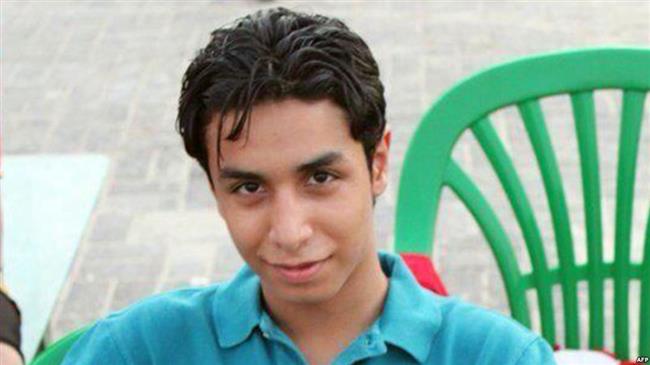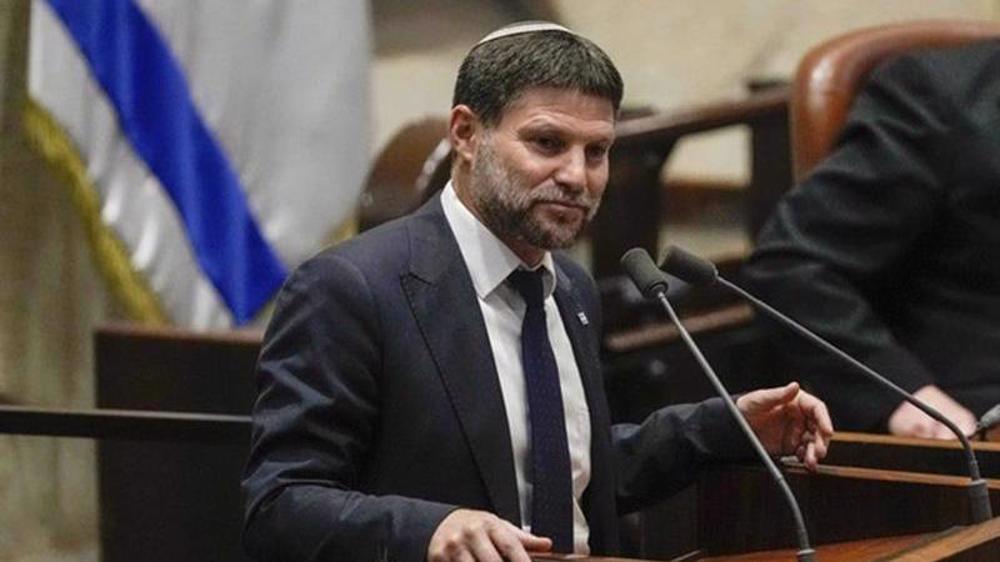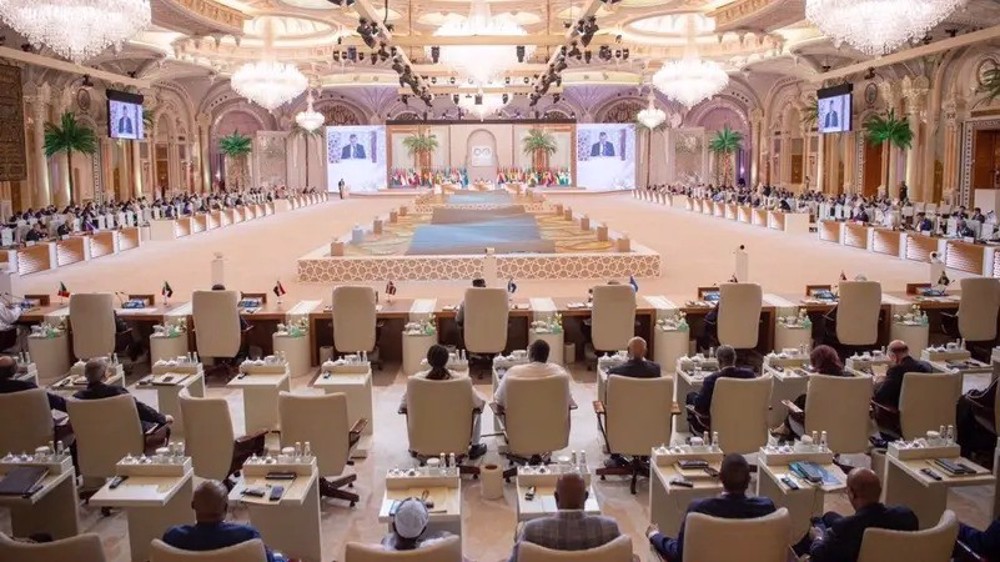UN rights experts urge Saudi Arabia to halt six imminent executions
United Nations human rights experts have called on Saudi Arabia to stop the imminent execution of six people sentenced to death for activities related to a wave of anti-government protests in 2011 while they were under the age of 18.
The UN experts said in a joint statement on Monday that the six men were sentenced to death for alleged crimes that actually amount to the “criminalization of the exercise of fundamental rights, including freedom of assembly and expression.”
The experts, who include Agnes Callamard, the UN Special Rapporteur on arbitrary executions, said that since the individuals were minors at the time of alleged offenses, imposing the death penalty on them runs counter to international law and would amount to “arbitrary executions.”
They said the men were also subjected to torture and ill-treatment, and were “forced to confess, denied adequate legal assistance during trial and never had access to an effective complaint mechanism.”
The six were named as: Ali al-Nimr, Dawood al-Marhoon, Abdullah al-Zaher, Mujtaba al-Sweikat, Salman Qureish and Abdulkarim al-Hawaj.
“As a State Party to the Convention on the Rights of the Child, Saudi Arabia is under an obligation to treat everyone under the age of 18 as a child,” the statement said. “Children should never be subject to the death penalty, this practice violates an existing norm of customary international law and renders the punishment tantamount to torture.”
Ali al-Nimr - who was sentenced to death over his alleged role in anti-regime protests in 2012 when he was 17 years old, is the nephew of Sheikh Nimr al-Nimr, a Saudi cleric who had called for reforms and was executed in January 2016.
Those protests were part of the Arab Spring movement, a series of uprisings and revolutions that started across the Middle East and North Africa in 2011 against unemployment, inflation as well as corruption, among other things.
The 2011 revolutions, which started with Tunisia, resulted in changes in the governments of Tunisia itself, Egypt, Libya, and Yemen. In Saudi Arabia, the protests have not managed to grow much beyond Internet campaigns as the kingdom has redefined its “anti-terrorism” laws, notably expanding the remit of its security forces and judicial system.
Meanwhile, the UN experts said that while the Saudi government has revised legislation related to the punishment for juvenile offenders, the capital punishment can still be handed out to children between ages 15 and 18.
“Saudi Arabia must ensure that children who have not benefited from a fair trial be immediately released and that those among them who were sentenced to death have their sentence commuted,” they said.
The statement comes amid mounting international pressure on Saudi Arabia for its poor human rights record and its reported role in the killing of dissident journalist Jamal Khashoggi in particular.
Khashoggi, a Washington Post contributing columnist, was killed inside the Saudi consulate in Istanbul, Turkey, on 2 October. The Saudis initially said the journalist left the building unharmed, but they later confessed to the murder and said it had been premeditated.
An investigation is under way into the details of the murder, which is widely believed to have been ordered by the Saudi royal court.
Saudi Arabia is one of the top executioners in the world, with more than 2,000 people executed between 1985 and 2016. Suspects convicted of terrorism, homicide, rape, armed robbery and drug trafficking face death penalty.
In the most stunning case of executions, Saudi Arabia executed on January 2, 2016, Sheikh Nimr Baqir al-Nimr, along 46 other people in defiance of international calls for the release of the prominent Shia cleric.
UN: 2024 deadliest year for aid workers amid genocide in Gaza
Gaza health official warns of hospital shutdowns within 48 hours
Israel kills 5 more paramedics in southern Lebanon: Health ministry
Iran to launch ‘new, advanced’ centrifuges in response to IAEA resolution: AEOI
Yemen fires hypersonic missile at Israeli airbase
VIDEO | New Delhi chokes under toxic smog as air quality remains at hazardous levels
VIDEO | Press TV's news headlines
VIDEO | ICC's arrest warrant for Netanyahu to worry Western politicians: Former British diplomat










 This makes it easy to access the Press TV website
This makes it easy to access the Press TV website